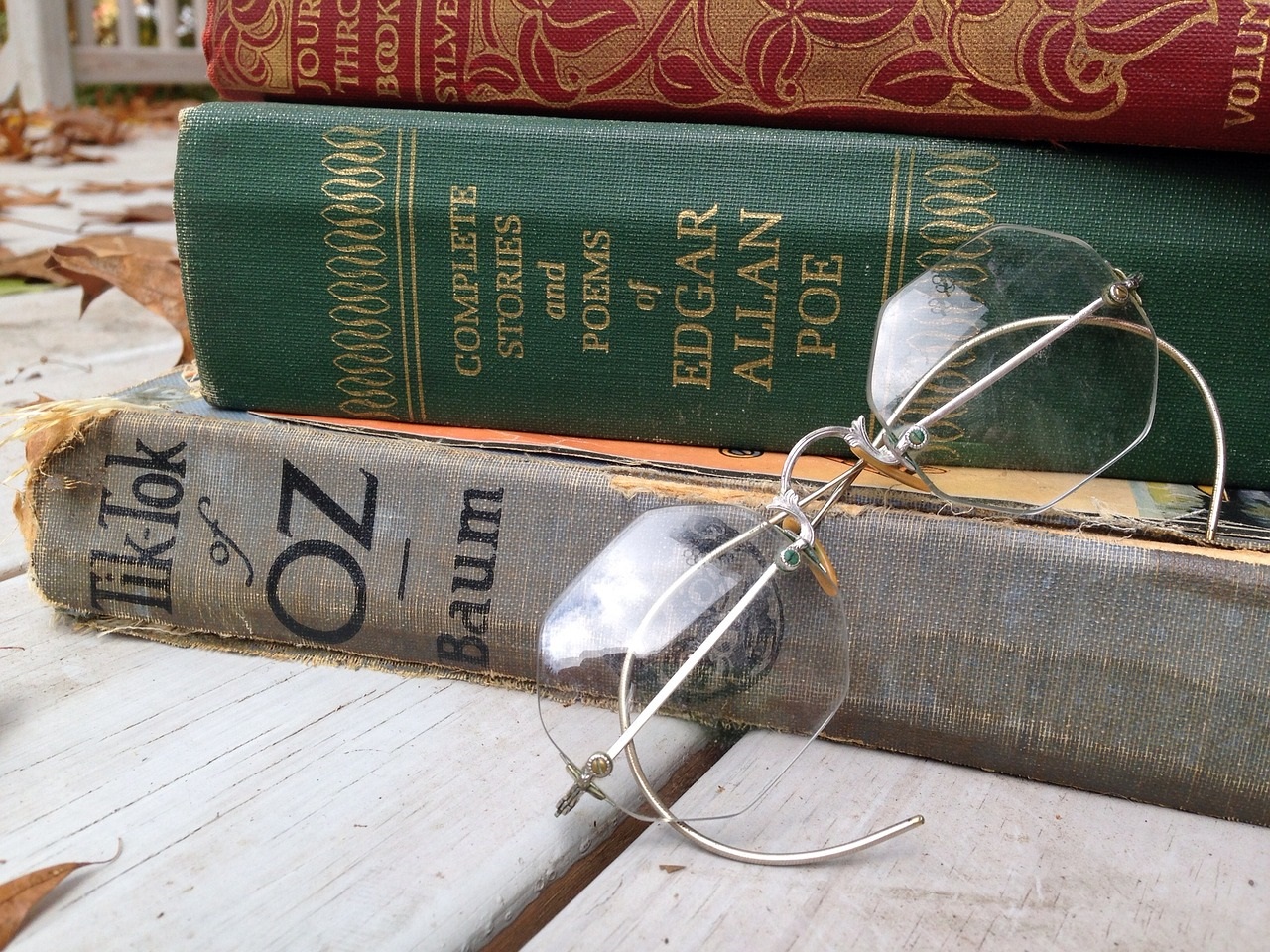As an English teacher and homeschool mom I’ve grown to appreciate and understand the importance to study the classics in our homeschool literature study, and for a number of reasons.
In today’s culture, quick and easy seem to be more the norm in our fast paced and busy world.
Taking the time to read and study the classics, and understand more complex material tends to take a back seat. And, because of that, a rich opportunity is being missed.
Reading for leisure and pleasure and mindless vegetation is also valuable, but sometimes does not give way to allowing time to read something with more depth and may be more challenging.
I’d like to share with you the top 5 reasons I have found studying the classics to be important:
1. Appreciating the Art of the Written Word
There is something to be said for art appreciation and taking in the beauty and the finesse in a visual display. The same thing can be said when a writer has painted a picture of a scene in a story with a delicate or bold combination of words and sounds to depict a picture a reader can visualize in one’s mind. Or, evoke emotions from the reader by setting a mood or tone with just a choice of words used in combination with one another.
This takes a deft hand that subtly weaves a visual and emotional experience for the reader, not to be underappreciated.
To study the classics, it is important to look at particular sentences and the way the author constructed them and the words within them in how they work together to depict a specific vision or mood. Or, examine the words used in dialogue between two characters to gain an understanding of either of the characters or the emotions or thoughts of those characters.
Subtle, dry wit and humor is appreciated when time is taken by the reader to really absorb the words, their meaning, and their intent.
Today’s writing is written in a very direct manner, focusing more on the plot or action as opposed to creating vivid pictures, characters, or moods through detailed descriptions or flowery dialogue. The subtle artistic techniques used in prior times appear to be underappreciated in our fast paced society.
2. The Expression of Universal Truths or Morals
Classics weave a story where the reader becomes a journeyman along for the ride as a moral or lesson unwinds in the story.
The reader becomes involved with the character as he examines his own thoughts and feelings and the events occurring around him or her and the reader is privy to this and is presented with thoughts to examine on his or her own and come to a conclusion, framing it into his or her own life.
This synthesis of taking ideas presented in another time or place and extracting a universal truth or moral or lesson and applying it to another time and place (including your own) is a valuable skill to practice. It develops discernment and comparison of one’s own beliefs and morals against those presented by the author, decision making, and analytical skills in the reader.
3. Character Analysis Leads to Understanding of Others
Reading the classics with characters that experience internal and external conflicts allows the reader to consider (or analyze) the thoughts, feelings, actions, and motivations of the characters.
Recent scientific studies have found that reading fiction with these types of characters can help readers develop empathy, sympathy, and understanding of others around them.
The analysis of characters in a book assists in real life analysis or understanding of people in real life, therefore, developing the readers’ interpersonal skills in relating and working with others.
Again, the use of higher order thinking skills is involved and developed through the reader’s experience with the story and its characters that transfer into real life.
4. Story as a Reflection of History/Society
Writers do not write in a vacuum. They are influenced by or trying to influence the thoughts of society around them or historical events during their time. Classics reflect what has or is occurring in the writer’s life in historical events or societal beliefs and norms.
As readers, we can grow to understand history and people’s beliefs and motivations for that time period.
Writers also wrote to influence history and society of their times as well.
This helps the reader understand what motivated historical events and societal beliefs for different time periods and places, and why we are in the place and belief system we are at now.
Classics can serve as primary documents that give insight to our history and culture and the history and culture of others.
5. Complex Sentence Structure and Vocabulary
This reason can be an academic reason to study classics or it can be one for personal growth.
Classics tend to use more complex sentence structure and advanced vocabulary. Our brains can experience neuroplasticity (changes in our brain) when we become accustomed to reading these more complex sentences and advanced vocabulary. We can study and assimilate these types of phrasings and words to our own writing styles and speaking patterns, thus developing our own skills and bringing them to another level.
When a child grows up listening to or reading these types of stories, that child is not intimidated by these types of sentences or words because they have grown used to them and have absorbed them into their own thought processes. As we get older, we can still do this by studying the classics and becoming accustomed to reading and understanding them the more we are exposed to them.
Studying the classics – their themes, characters, and word expression – can not only provide academic growth in our thinking skills and understanding, but also enrich our lives much like a piece of artwork or music. Appreciating the written word is becoming a lost art, but it doesn’t have to be with a little time and patience.
To study the classics to enter another world of higher ideals and skills in the written word, valuable thoughts, a higher understanding of humanity, and a new appreciation of all of these things.
That is why I am developing self-paced courses and live online classes to share all of these aspects of the classics with middle and high schoolers. To learn about the self-paced courses I am developing, visit this page. I hope you join me in exploring and enjoying fine books!
If you are looking for tools to help you in your homeschool literature study, visit this page to find a free downloadable/printable list with free websites and links!






4 Comments
Nicki truesdell
I agree! We use a whole-book method for history, and include lots of classics. They really bring a historic time period alive. I like to introduce the classics to my young children through abridged versions, like Illustrated Classics, etc. I find that they love the stories and when they are given the full version as older students, they remember the story fondly and look forward to reading it again.
Katie
I agree! We used them for history as well and also started out with the Illustrated Classics when they were little and progressed to the unabridged versions later!
Susan Evans
I was also an English teacher before I became a homeschool mom, and I’ve always taught my kids the classics from the very beginning. Their vocabulary and ability to think have been positively affected.
Katie
A woman after my own heart! 🙂